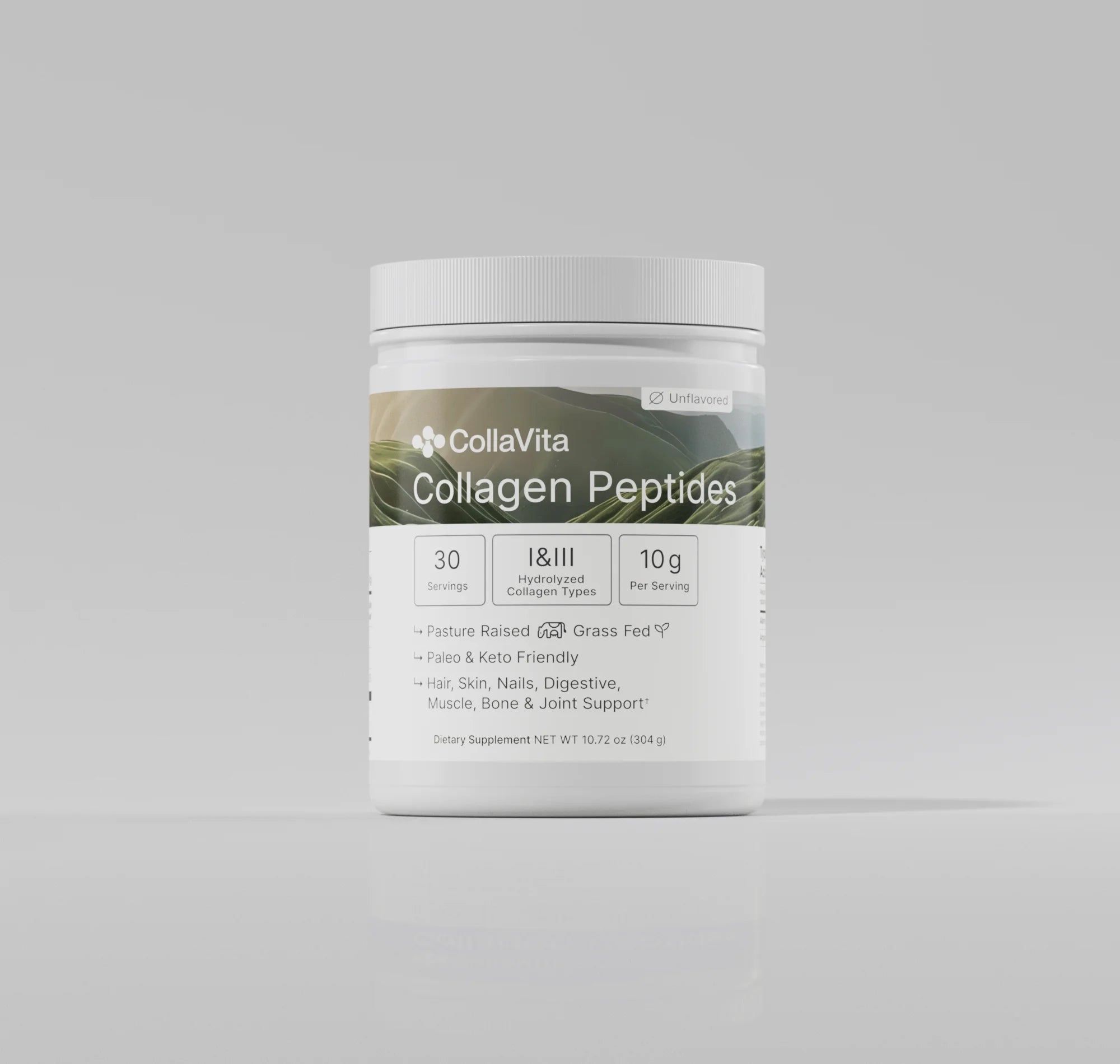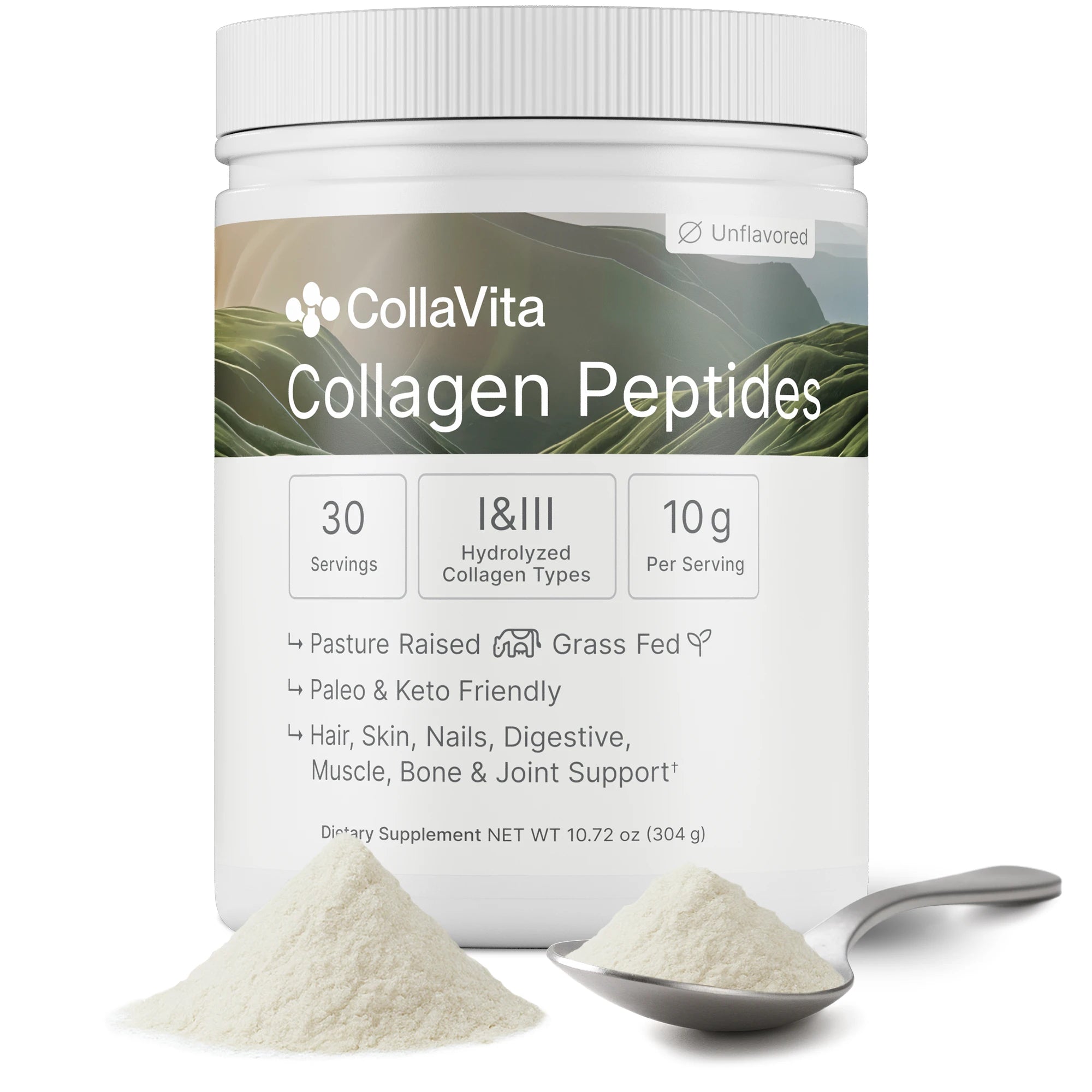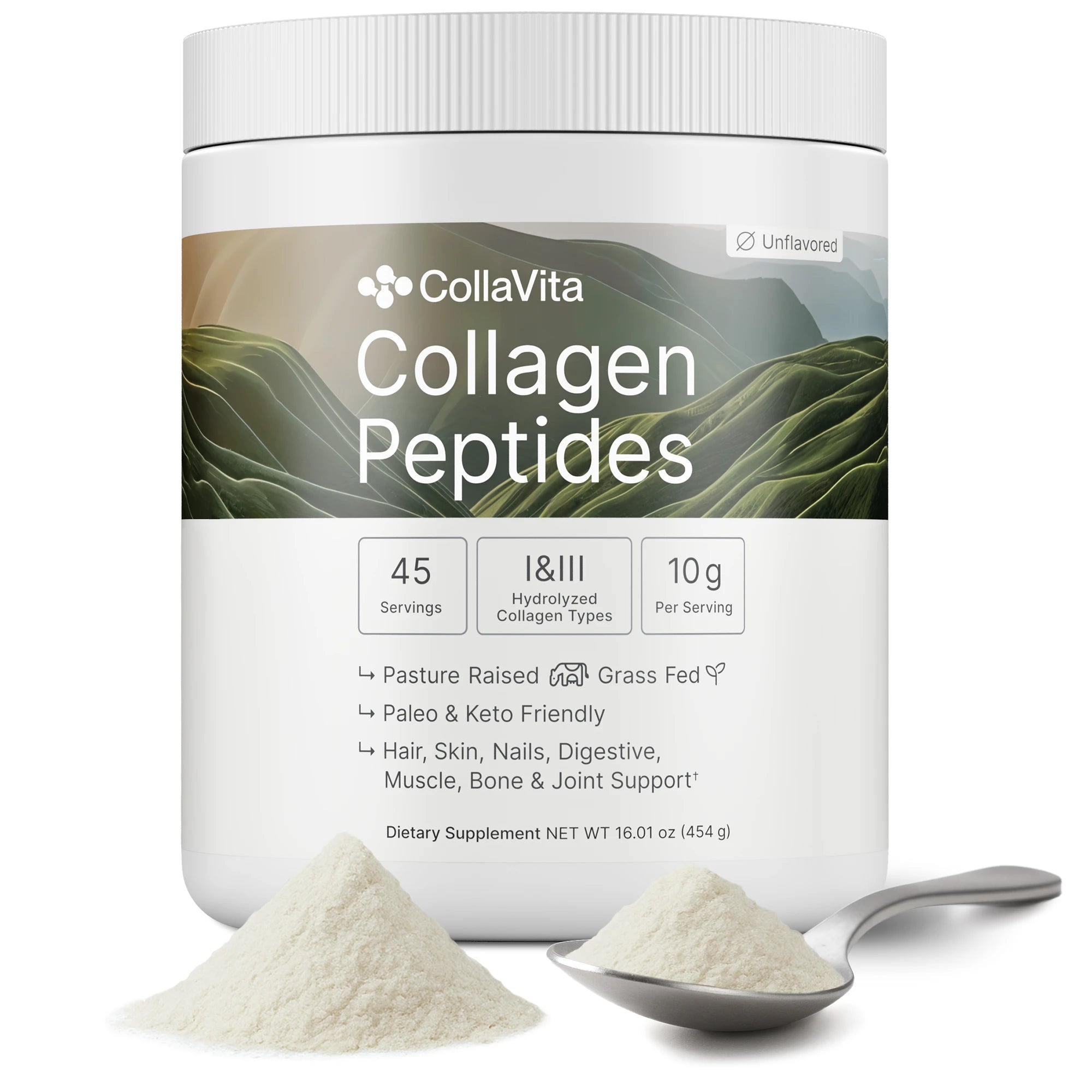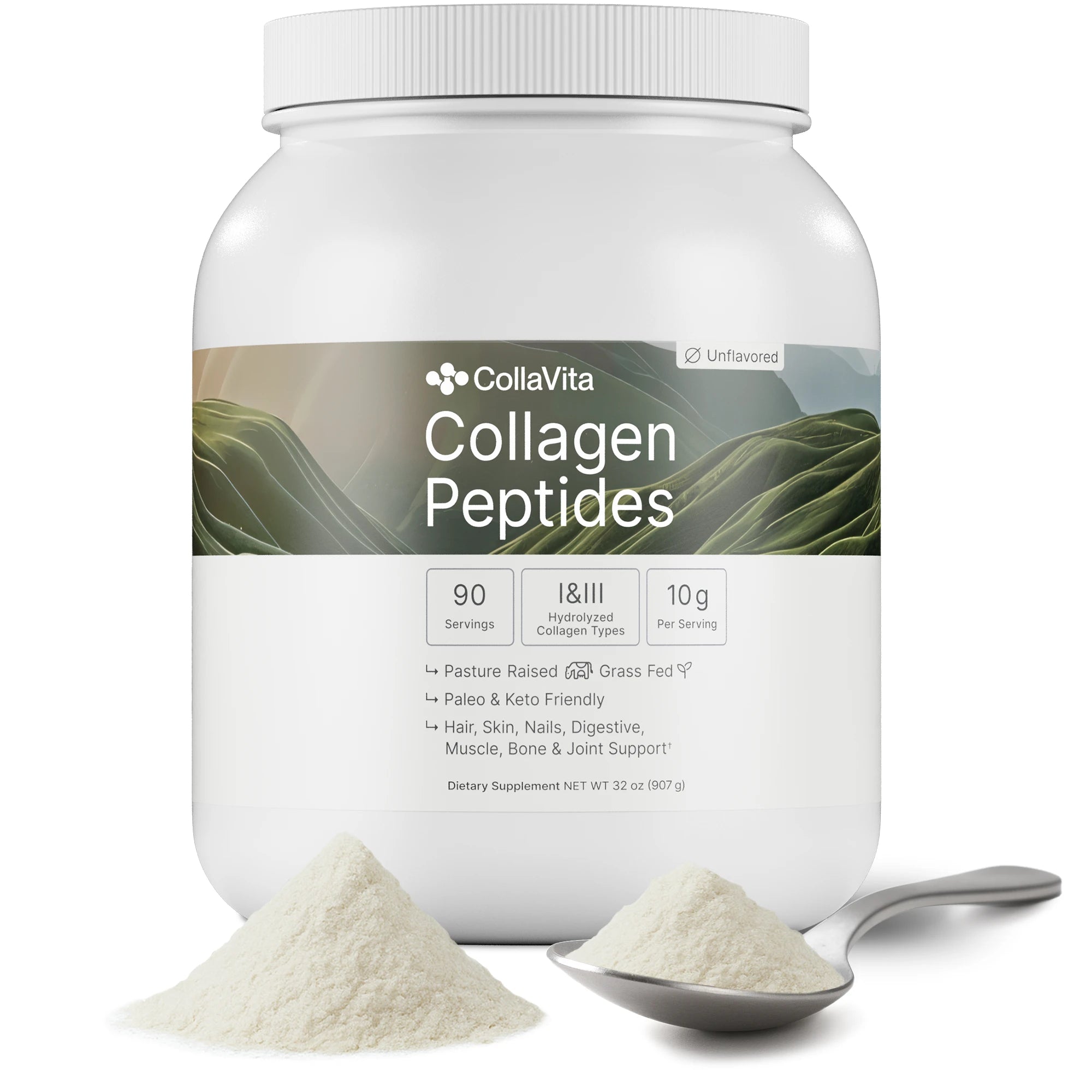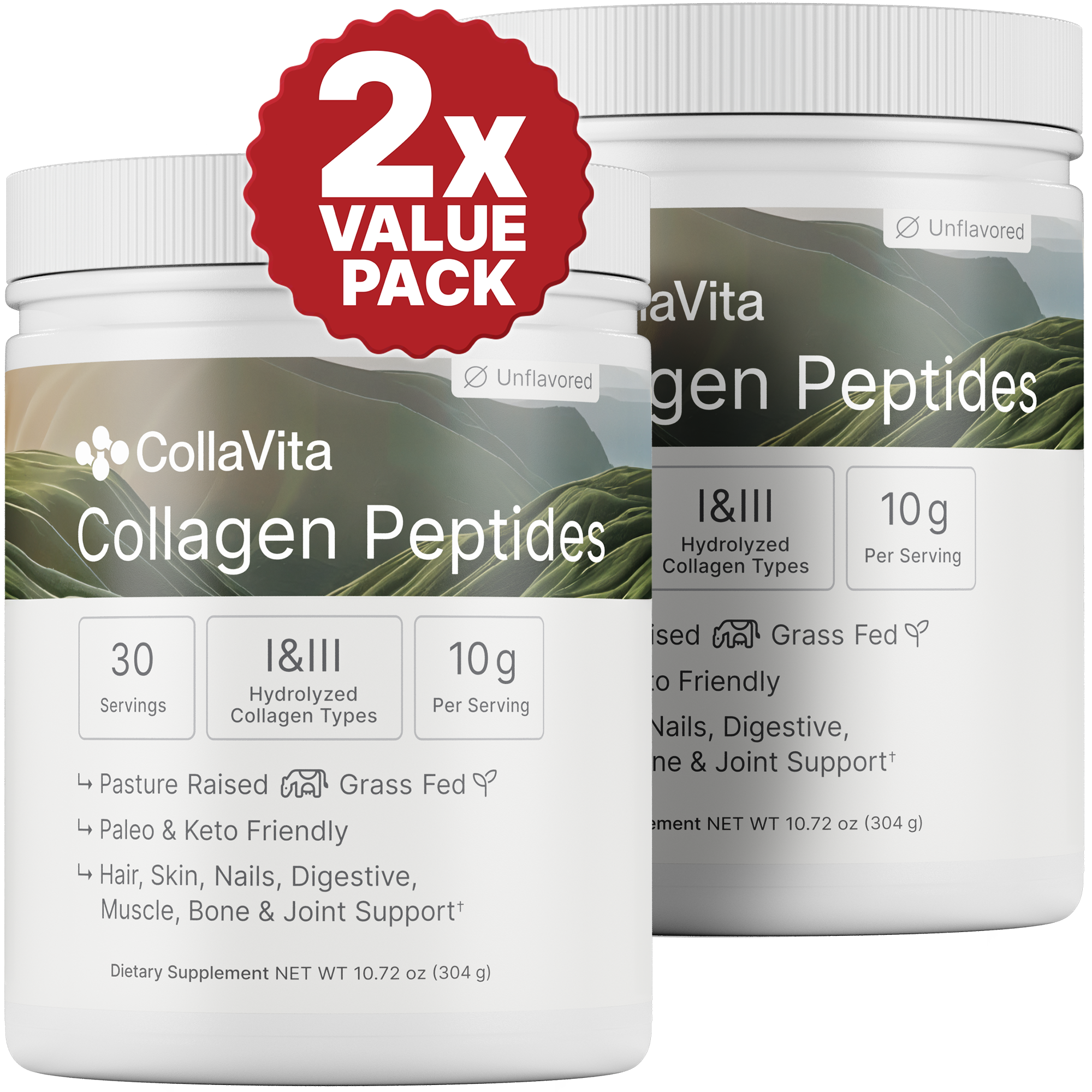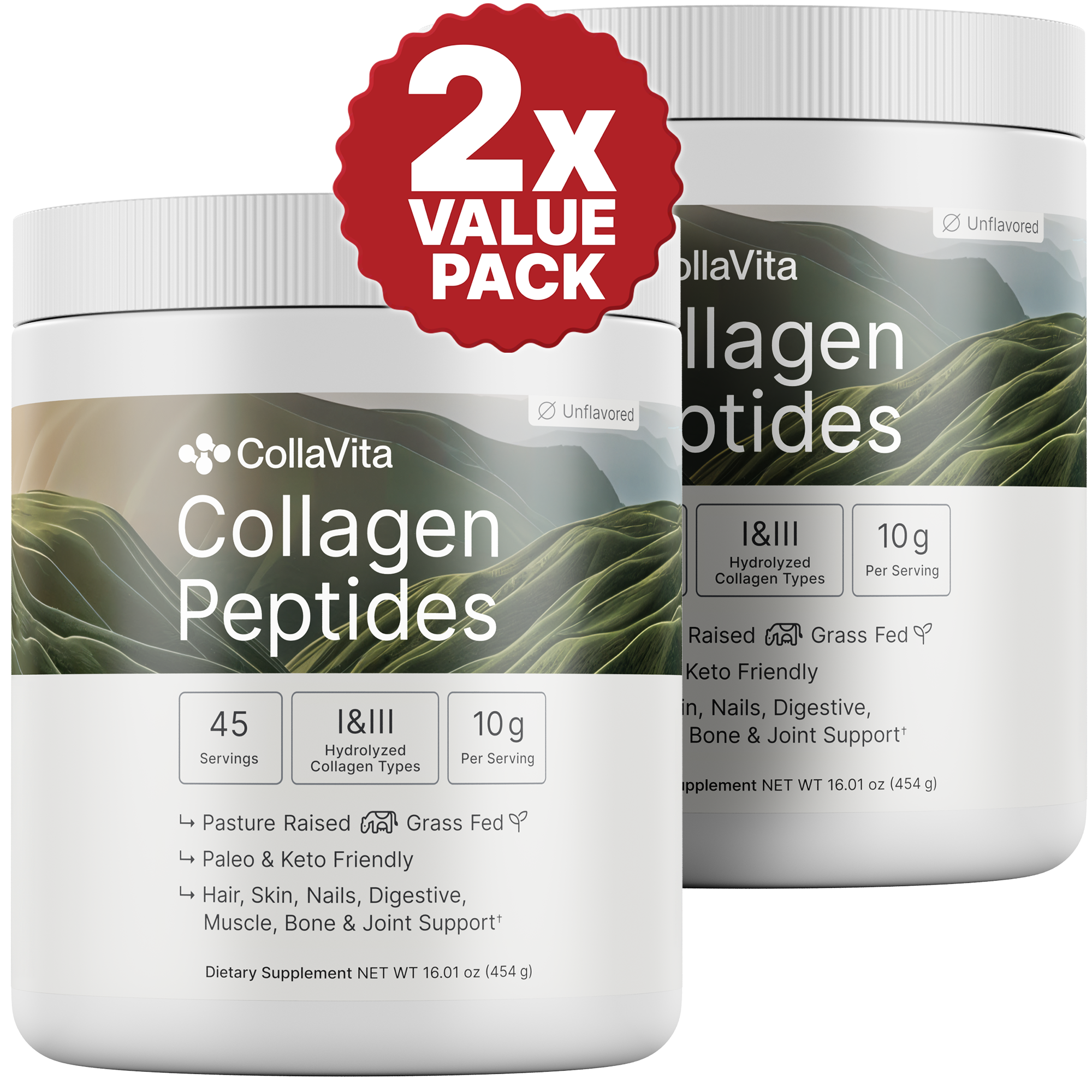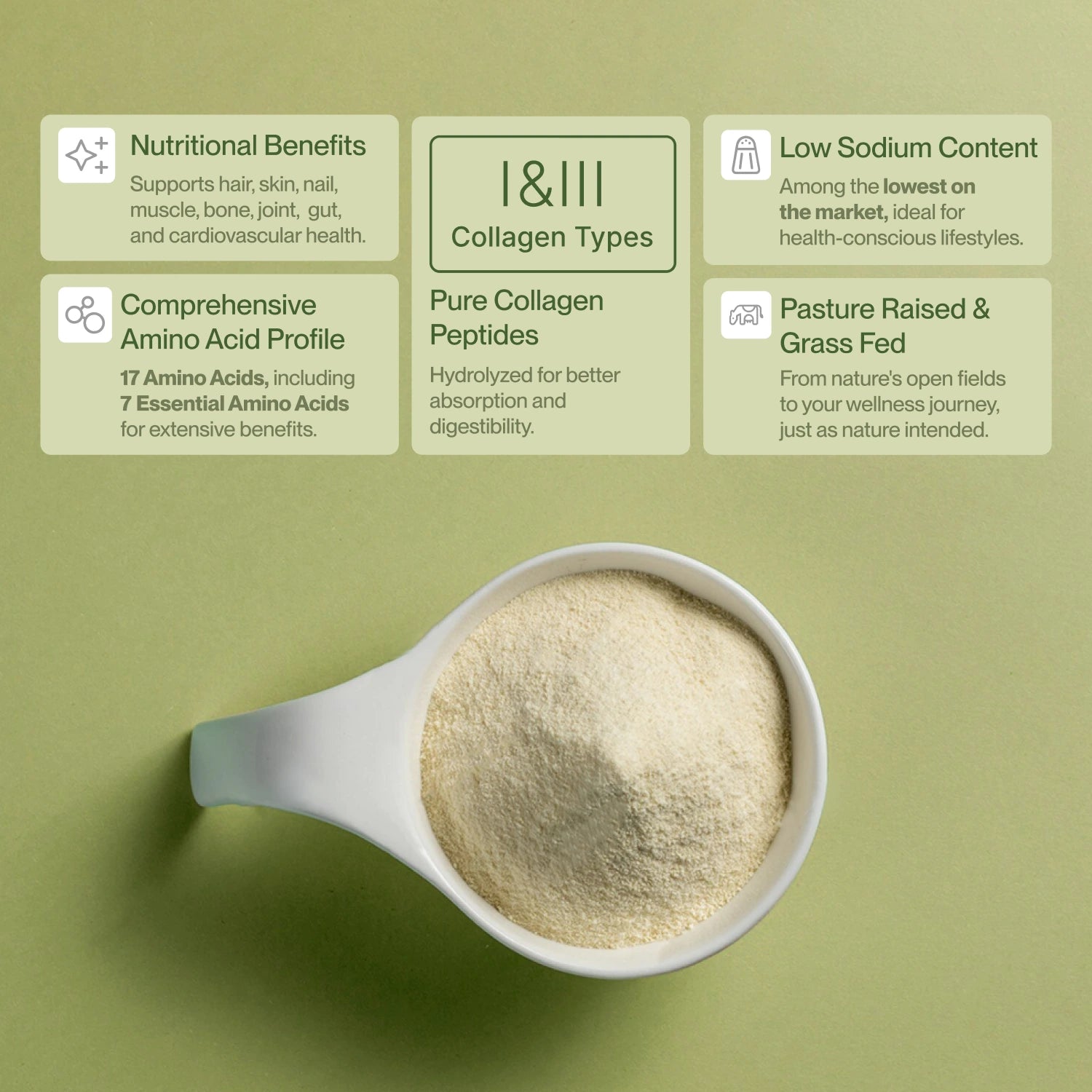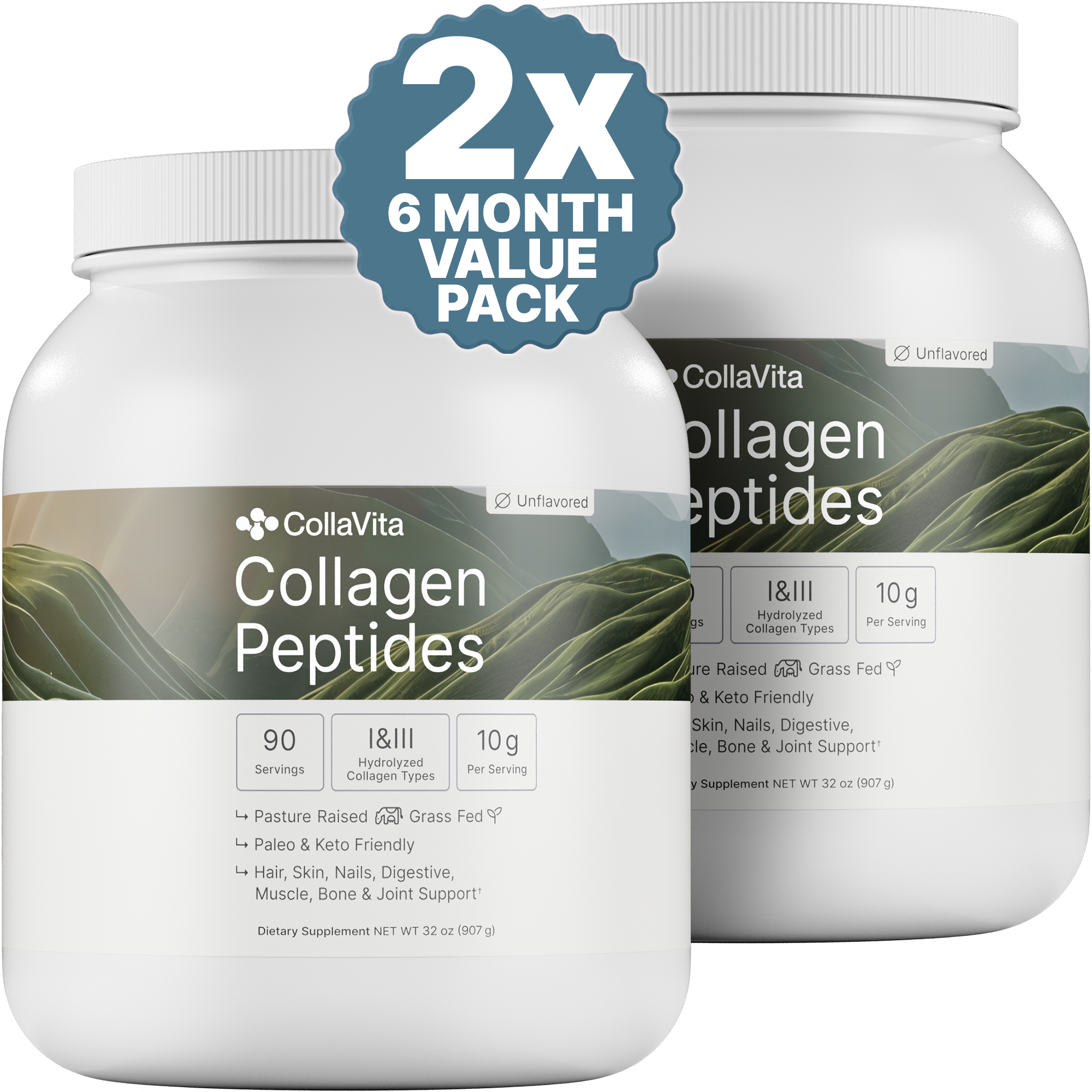Understanding Multivitamins with Collagen
Collagen is a crucial protein that supports the structure and elasticity of skin, muscles, tendons, and bones. Multivitamins, on the other hand, supply essential nutrients like vitamins A, B, C, D, E, amino acids, antioxidants, and fatty acids. By combining multivitamins with collagen, individuals can potentially maximize the benefits these supplements offer for overall health, especially in areas such as skin and joint support.
- Enhances skin elasticity and reduces signs of aging.
- Supports joint health by providing essential nutrients for cartilage repair.
- Strengthens hair and nails due to the combined effect of biotin and collagen.
- Aids in muscle recovery and maintenance with amino acids and protein.
- Boosts overall nutrient intake with a comprehensive blend of vitamins and minerals.
Pros and Cons of Multivitamins with Collagen
Multivitamins with collagen present a unique opportunity to harness the benefits of both essential nutrients and structural proteins. The combined effect of collagen and vitamins can significantly enhance skin elasticity, reducing signs of aging while supporting joint health by providing nutrients necessary for cartilage repair. Additionally, these supplements are generally well-tolerated, making them suitable for a wide range of age groups. Incorporating biotin with collagen can also strengthen hair and nails, offering a comprehensive approach to beauty and health.
Despite these advantages, potential users should be aware of some limitations. Many multivitamin products that contain collagen often include low doses, which may not be sufficient to provide noticeable benefits. Moreover, certain products might add artificial vitamins and minerals that could lead to contraindications or reduce the bioavailability of nutrients. It's crucial to choose products carefully and consider the specific needs and tolerances of the individual.
| Pros | Cons |
|---|---|
| Enhances skin elasticity and joint health | Often low doses of collagen |
| Strengthens hair and nails | Potential contraindications from man-made additives |
| Generally well-tolerated across age groups | Risk of reduced nutrient bioavailability |
While supplements combining multivitamins with collagen can be beneficial, consumers should be mindful of potential side effects or risks associated with unnecessary fillers and additives. It's essential to select high-quality products that prioritize natural ingredients to mitigate these risks. Understanding one's health needs and consulting with healthcare professionals can further ensure that these supplements provide the intended health benefits without adverse effects.

Key Ingredients in Collagen Multivitamins
Ingredient synergy is crucial when it comes to collagen multivitamins. The combination of specific vitamins and minerals can enhance the absorption and effectiveness of collagen, optimizing its benefits for the body. This combination enhances each other's benefits, ensuring that individuals receive the most out of their supplement regimen, particularly for skin, hair, nails, and joint health.
- Biotin: Often included for its role in promoting hair and nail strength, biotin works in harmony with collagen to enhance beauty from within.
- Collagen Peptides: These smaller molecules are preferred for their superior absorption capabilities, ensuring efficient delivery of collagen's benefits.
- Vitamin C: This is a vital co-factor in collagen synthesis. According to a landmark 2017 review in the journal Nutrients(1), Vitamin C is essential for the enzymes that stabilize and build collagen molecules. Without it, your body cannot effectively produce collagen, making it a non-negotiable partner for any collagen supplement.
- Magnesium and Calcium: These minerals are sometimes included to support bone health and further enhance the structural benefits of collagen.
Together, these ingredients form a comprehensive approach to wellness. Biotin and collagen work in tandem to bolster hair and nail health, while collagen peptides ensure that the body effectively absorbs and utilizes these nutrients. Vitamin C's role in collagen synthesis amplifies the skin benefits, and the inclusion of magnesium and calcium adds a layer of support for bone density and strength. Such thoughtful formulations make collagen multivitamins a well-rounded choice for those seeking to enhance their overall well-being.
How to Maximize the Benefits of Taking Multivitamins with Collagen?
Optimal Timing for Supplement Intake
- For All-Day Energy and Absorption: Take your supplements with breakfast. Including healthy fats (like avocado, eggs, or nuts) will help your body absorb key fat-soluble vitamins.
- For Overnight Recovery and Repair: Taking them in the evening can help your body use the collagen and amino acids for muscle and joint repair while you sleep.
- The Most Important Tip: Always take them with a meal. This simple step enhances nutrient absorption and prevents potential stomach discomfort.
Nutrient Combinations
Combining collagen with specific nutrients can amplify their benefits. Vitamin C is particularly effective when paired with collagen, as it enhances collagen synthesis and can improve skin parameters, such as elasticity and firmness. Including a multivitamin containing vitamin C, or taking a separate vitamin C supplement alongside collagen, can provide a synergistic boost. Additionally, the complementary action of biotin and zinc with collagen creates a comprehensive approach to beauty and health, making it useful to follow a collagen with vitamin C guide.
Cautions and Considerations
While multivitamins with collagen offer numerous benefits, it’s important to be cautious of products with unnecessary fillers and additives. These additives can potentially reduce the bioavailability of nutrients, hindering their effectiveness. Opt for high-quality supplements with minimal fillers and a focus on natural ingredients. Moreover, consult with a healthcare professional before starting any new supplement regimen, especially if you have underlying health conditions or are taking other medications. By choosing wisely and being mindful of product ingredients, you can safely enhance your wellness routine with multivitamins and collagen.
How to Incorporate Multivitamins with Collagen into Your Routine?
Establishing a consistent routine is essential when integrating multivitamins with collagen into your daily life. Consistency not only aids in maximizing the absorption and effectiveness of these supplements but also ensures that you reap their full health benefits over time. By making multivitamins with collagen a regular part of your diet, you can support skin, joint, and overall wellness more effectively. Here are some practical tips for incorporating these supplements into your routine:
- Take collagen and multivitamins with meals to enhance nutrient absorption.
- Set a specific time each day for taking your supplements to establish a habit.
- Use a pill organizer or set reminders to stay on track with your supplement regimen.
- Pair your supplement intake with another daily activity, like breakfast, to make it feel more natural.
- Monitor your progress and adjust your routine as needed to align with your health goals.
Long-term, consistent use of multivitamins with collagen can lead to noticeable improvements in skin elasticity, joint function, and overall vitality. By integrating these supplements into your daily routine, you ensure that your body consistently receives the nutrients it needs to maintain health and wellness. Over time, this consistency will support not only immediate health goals but also contribute to sustained well-being.

Final Words
Integrating multivitamins with collagen can significantly enhance the health of skin, joints, and overall wellness. This combination delivers essential nutrients and proteins, fostering elasticity and joint support. Collagen multivitamins include key ingredients like biotin and vitamin C, boosting hair and nail health.
Ensuring the right timing and avoiding unnecessary additives maximizes their benefits. Comparing various products helps in finding the perfect match for individual needs. Consistently incorporating these supplements into daily routines ensures sustained improvements. Embracing multivitamins with collagen promises a complete approach to wellness and vitality.
FAQ
What are the benefits of multivitamins with collagen for women?
How does biotin enhance the benefits of collagen in multivitamins?
Is collagen beneficial for men too?
Absolutely. While often marketed for beauty, collagen's benefits are universal. For men, it can be particularly effective for supporting joint health and aiding in muscle recovery after exercise. It also helps maintain skin health and can contribute to a stronger foundation for hair, potentially slowing down thinning.
Is collagen safe for the liver and kidneys?
Collagen is generally safe for the liver and kidneys when taken as recommended. It's important to follow dosage guidelines and consult a healthcare professional if you have pre-existing conditions.
What are some key ingredients in multivitamin with collagen products?
Multivitamins with collagen often include biotin for hair and nail health, collagen peptides for absorption, vitamin C to aid collagen synthesis, and minerals like magnesium and calcium.
How can I maximize the benefits of taking multivitamins with collagen?
To maximize benefits, take collagen supplements with meals for better absorption, pair collagen with vitamin C, and avoid excessive synthetic additives. Consistency and optimal timing enhance long-term results.
What is the difference between collagen and hydrolyzed collagen?
Collagen is a large, complete protein in its native state. Hydrolyzed collagen (also called collagen peptides) is that same protein broken down into small, easy-to-absorb chains. This process is crucial because your body can't effectively absorb the large, whole collagen molecule, but it can easily absorb the smaller hydrolyzed version.
SOURCE
(1) - A highly-cited 2017 review by Pullar, J. M., Carr, A. C., & Vissers, M. C. M., published in the journal Nutrients.
Scientifically Reviewed by Omer (Matt) Sermet


